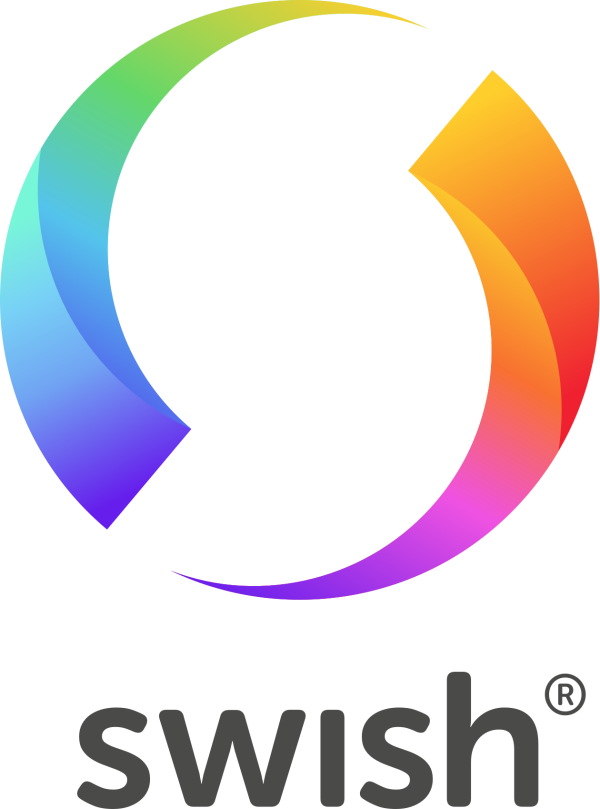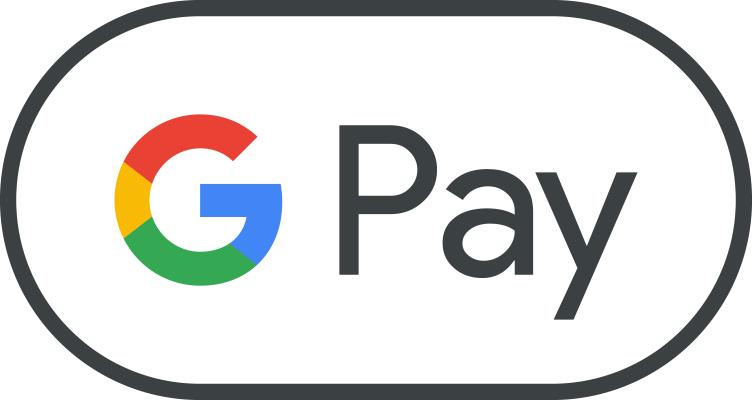






A study from Halmstad University has shown that the use of Novista’s soft weighted blanket significantly improves sleep in children with ADHD. The study includes 94 children aged 6-14 years and shows that weighted blankets effectively improve overall sleep time, reduce the number of awakenings, and improve overall sleep efficiency.
The study has a so-called randomized controlled crossover method, which means that all the children have tested both a weighted blanket and a control blanket for four weeks each. The order was randomly generated. Sleep was objectively measured with actigraphs (sleep watches) that the children wore during the night. Data from the actigraphs were analyzed along with information from a daily sleep diary as well as questionnaires that both children and parents filled out.
The results show that the use of weighted blankets improved the total sleep time for the entire group of children and the greatest improvement was shown for children aged 11–14 years. Another significant result of this study was that it was shown that the weighted blanket effectively reduced the number of awakenings during the night and improved sleep efficiency (Lönn et al., 2023a).
Difficulty settling down in the evening and awakenings at night are the most common sleep disorders in children with ADHD, which underlines the relevance of the results. If children’s restlessness and subsequent sleep problems decrease during the evening and night, the whole family may experience improved functioning and general well-being. Improved child and family function when using weighted blankets confirmed in interviews with children
(Lönn et al., 2023b) and parents (Larsson et al., 2021).
In summary, the randomized controlled trial shows that weighted blanket use effectively improves overall sleep time, reduces the number of awakenings, and improves overall sleep efficiency in children with ADHD. In addition, the results showed that the weighted blanket was particularly beneficial for children aged 11–14 years.
The study used Weighted Fiber Duvets from Novista of Sweden AB.
Total sleep time = The total amount of sleep time from falling asleep to awakening
Awakenings = The total amount of wakefulness that occurs after defined sleep onset until awakening
Sleep efficiency = The relationship between total sleep time and time spent in bed
Larsson, I., Aili, K., Nygren, J.M, Jarbin, H., & Svedberg, P. (2021). Parents’ experiences of the weighted blankets’ impact on children with attention-deficit/hyperactivity disorder (ADHD) and sleep problems –a qualitative study. Journal of Environmental Research and Public Health,18, 12959. https://doi.org/10.3390/ijerph182412959
Lönn, M., Aili, K., Svedberg, P., Nygren, J., Jarbin, H., & Larsson, I. (2023a). The efficacy of weighted blankets for sleep in children with ADHD – a randomised controlled cross-over trial, Journal of Sleep Research, e13990. https://doi.org/10.1111/jsr.13990
Lönn, M., Aili, K., Svedberg, P., Nygren, J., Jarbin, H., & Larsson, I. (2023b). Experiences of Using Weighted Blankets among Children with ADHD and Sleeping Difficulties. Occupational Therapy International, 1945290. https://doi.org/10.1155/2023/1945290
Sung, V., Hiscock, H., Sciberras, E., & Efron, D. (2008). Sleep problems in children with attention-deficit/hyperactivity disorder: Prevalence and the effect on the child and family. Archives of Pediatrics & Adolescent Medicine, 162(4), 336–342. https://doi.org/10.1001/archpedi.162.4.336






